Sebastián Sterzer says it is necessary that Venezuelan President Nicolas Maduro's government to consider Iran as a “trustful partner”.
Five Iranian oil tankers by the names of Petunia, Forest, Faxon, Clavel, and Fortune carried fuel to Venezuela despite the United States’ sanctions. The last of them entered Venezuelan waters on June 1.
The tankers carried 1,520,000 barrels of gasoline and diesel fuel to Venezuela.
A sixth Iranian vessel also entered Venezuela’s waters, carrying a cargo of food and medical supplies. The cargo ship, "Golsan", reportedly docked and unloaded at Venezuela’s northern port of La Guayra on Wednesday night.
The Golsan's journey signals a blossoming relationship between the two nations in defiance of stiff financial sanctions by the Trump administration both countries.
Professor Sterzer says it is in the interests of Venezuela and Iran to strengthen their cooperation as the two countries are under heavy sanctions by the Trump administration.
“I think during these hard times for both countries, there is a moment to strengthen their cooperation. Both countries were being affected because of US sanctions, so there is not enough space to find partners abroad.”
Under his “maximum pressure” policy, Trump has introduced the harshest sanctions in history against Iran. It has introduced at total ban on Iran’s oil exports.
Sterzer says, “Considering how important is oil for both countries, taking into account what was happening in this year with oil prices, there was a necessity for Nicolas Maduro's regime to consider Iran as a trustful partner.”
He suggests it is necessary that trade ties between Iran and Venezuela to include other items including food and medicine.
“The example with oil is also available for other items, especially food and pharmaceuticals,” the professor points out.
Despite US hostile policies toward Venezuela, in an interview with Axios published on Sunday, Trump said he "would maybe think about" meeting Maduro. However he changed tack in a tweet on Monday.
"My Admin has always stood on the side of FREEDOM and LIBERTY and against the oppressive Maduro regime! I would only meet with Maduro to discuss one thing: a peaceful exit from power!" Trump wrote.
Washington has been one of the chief allies to Venezuela's opposition leader Juan Guaido but that support has waned as the National Assembly president's challenge to Maduro's authority has lost impetus.
Guaido caused a stir 18 months ago declaring himself acting president after the opposition-controlled parliament decreed Maduro a usurper over his 2018 re-election.
The US was one of the first of more than 50 countries to recognize his claims and the Trump administration ramped up sanctions on Maduro and his inner circle in an effort to starve him of revenue and force his resignation.
After initially drawing huge crowds in anti-Maduro rallies, Guaido's star has dimmed over the last year. In January he even faced a challenge to his position as National Assembly leader from an opposition legislator and former ally – an issue that has never been resolved.
Professor Sterzer says except Iran and Venezuela the Trump administration is also dealing with other local and international issues.
“The US is dealing with other issues, internally, like the economy, Floyd's issue, and health crisis because of the Covid-19 pandemic. Apart from this, the US is also busy with China. In other words, too many open fronts to deal with. However, it doesn't mean both Venezuela and Iran are not more important. At least, for this moment, they are adopting a 'wait-and-see' approach.”
The Argentinian professor says he is quite sure that sanctions against Iran and Venezuela “will continue”.
The professor is also of the opinion that remarks by Trump that he is ready to meet with the Venezuelan president “is just a political strategy”.
“We could see the same with Kim Jong-un and North Korea as well. The fact he was saying that, I mean, sharing his 'goodwills' to talk with his 'enemies', doesn't mean that there is a shift in his foreign policy” the professor points out.
He adds, “Honestly, I don't expect any changes about Trump-Maduro relationships.”
“Honestly, I don't expect any changes about Trump-Maduro relationships.”
Interview by Hamid Bayati
First Published in Tehran Times


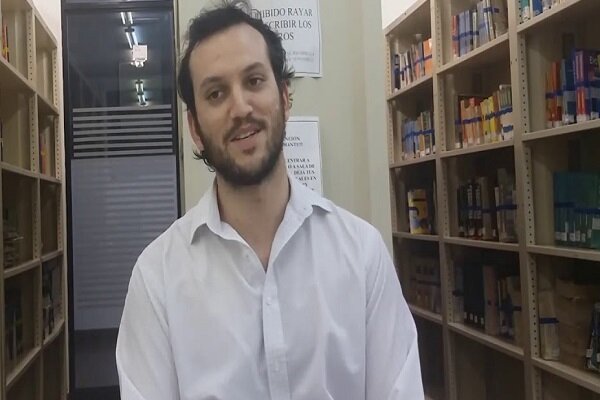








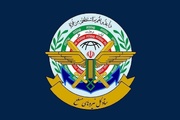
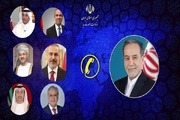



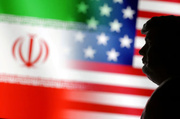
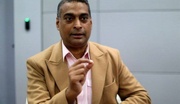








Your Comment